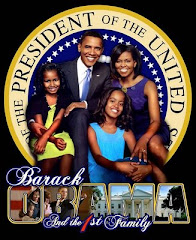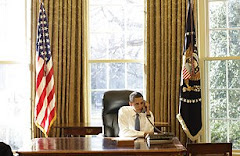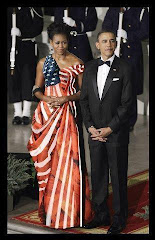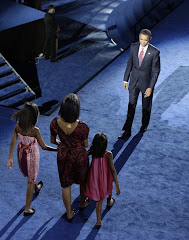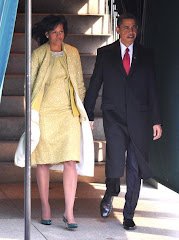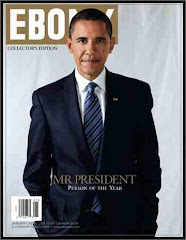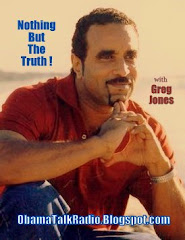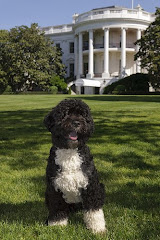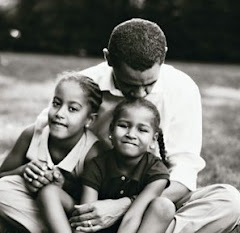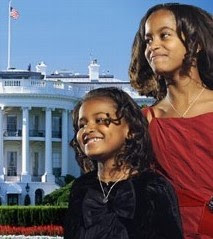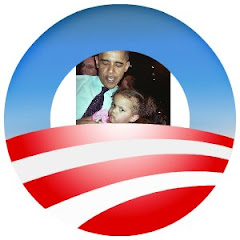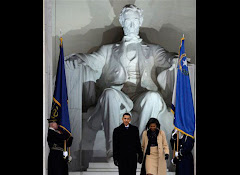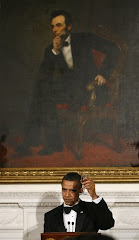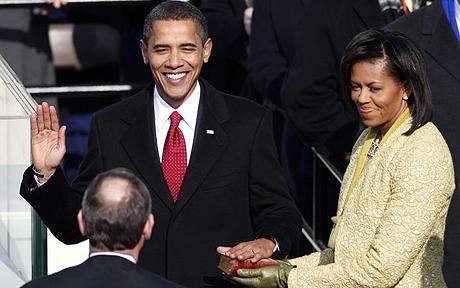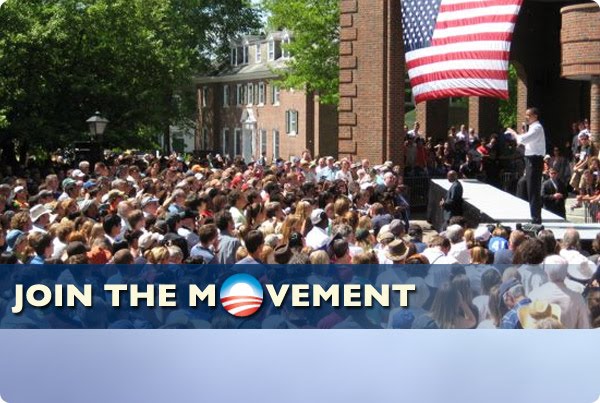
 Clinton-Backing Black
Clinton-Backing Black “His decision not to back Obama shows he is out of touch with his constituents,” said N. Chandler, a former city corrections officer who lives in Bedford-Stuyvesant and who had supported Mr. Towns in the past. “And I think the people of this district are ready for a change.”
The tensions in the district echo those in a handful of races around the country as Democratic incumbents with large African-American constituencies try to soothe resentments and anger incited by their support for Senator Hillary Rodham Clinton. Even after Mr. Obama and Mrs. Clinton embraced in Unity, N.H., on Friday and sought to put their divisions behind them, some strains are still evident closer to the ground.
The man seeking Mr. Meeks’s seat is Ruben Wills, 36, a former chief of staff for State Senator Shirley L. Huntley and an organizer for Mr. Obama in southeast Queens. “I was on board with Obama from Day 1,” Mr. Wills said. “Meeks had to be dragged across the line.”
And Representative Yvette D. Clarke, of Flatbush, Brooklyn, is running unopposed but lost the endorsement of a vital organization, the Central Brooklyn Independent Democrats, in part because she embraced Mrs. Clinton’s candidacy.
But at least one district — Mr. Barrow’s in Savannah — is considered vulnerable to Republican competition in the fall. And there, Mr. Obama surprised many black leaders by endorsing Mr. Barrow, a conservative Democrat who did not endorse him until after the Georgia primary.
Regina Thomas, a Georgia state senator who is black and is running for the seat, said that voters shared her displeasure with Mr. Obama’s decision. “This is what one constituent said to me, ‘Barrow didn’t do anything to help Obama win the 12th District,’ ” she said. “After he endorsed Barrow, people were like: ‘What in the world is he doing? Why doesn’t he just stay out of it?’ ”
For Mr. Towns in Brooklyn, leftover tensions from the Clinton-Obama battle seem especially strong. An emerging young black political class is seeking to assert the neighborhood’s power against what it sees as an older establishment, based in Harlem, that has long exercised disproportionate influence in New York. The younger Democratic activists link Mr. Meeks and Mr. Towns, the son of a North Carolina sharecropper and a 25-year veteran in Congress, to that structure.
It is difficult to overstate the enthusiasm and pride Mr. Obama stirred in the district, where he received 58 percent of the vote. Interviews last week with residents, political activists and businesspeople throughout the district showed those feelings to be still close to the surface.
Kyle Clarke, an elementary school teacher, said Mr. Towns’s loyalty to Mrs. Clinton was purely strategic.
A. T. Mitchell, 42, who recently started a political club, Hip-Hop Stand Up and Vote, on a gritty block in East New York, said Mr. Towns’s support of Mrs. Clinton was not solely a reason to abandon him, but it did send a powerful message.
“It said that he is out of touch with his constituents, that he is removed from the concerns of the common voter,” Mr. Mitchell said.
In an interview, Mr. Towns said he was worried that the compressed primary calendar did not give him much time to make peace with Obama loyalists. “September is not that far away,” he said, referring to the Sept. 9 primary. “That’s problematic for me.”
While the Towns campaign plans to dispatch the representative on a schedule of intense campaigning later this summer, the operation is also readying its lawyers to aggressively scrutinize the signature petitions Mr. Powell has gathered to get on the ballot, with the hope of knocking him off.
Mr. Towns said it had been personally difficult for him to choose between Mrs. Clinton and Mr. Obama. “I serve in the Congressional Black Caucus, and he is a member,” he said. “But Hillary Clinton represents New York State, and I’ve worked together with her on many projects.”
Mr. Towns can expect some help from a longtime House colleague, Representative Charles B. Rangel of Harlem, who also supported Mrs. Clinton but escaped a primary fight, in part because he lined up much of Harlem behind her.
